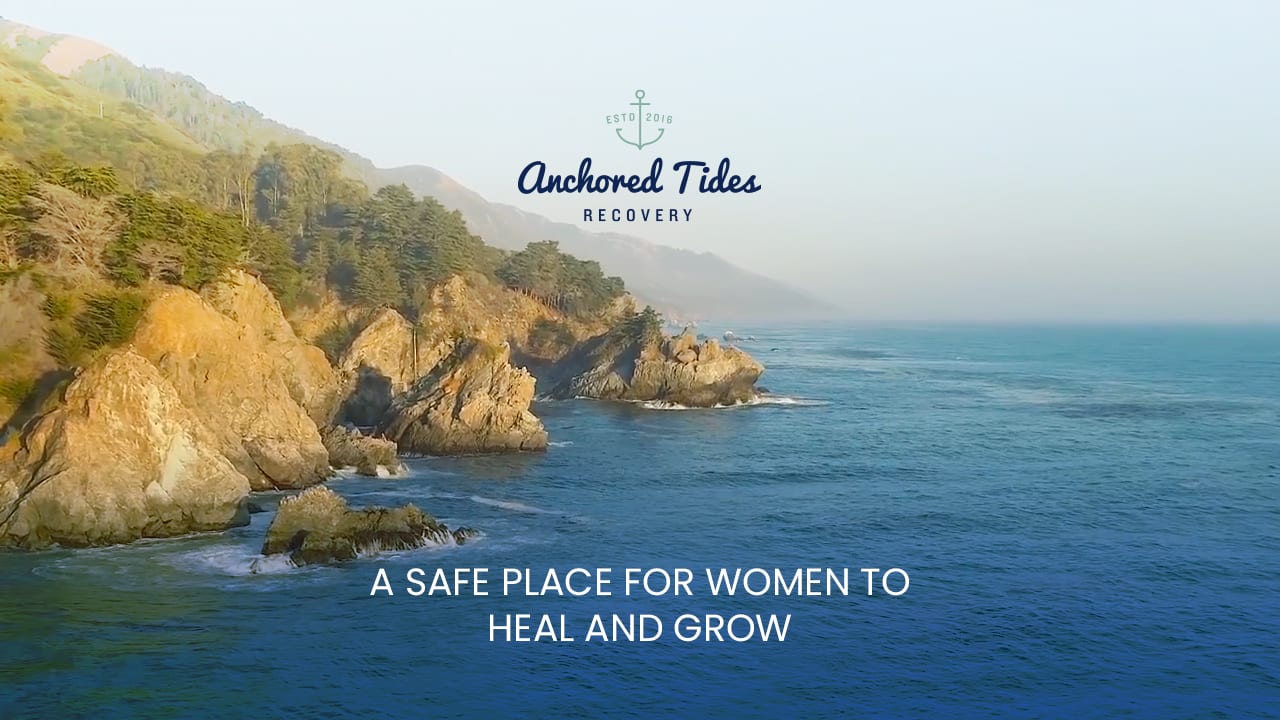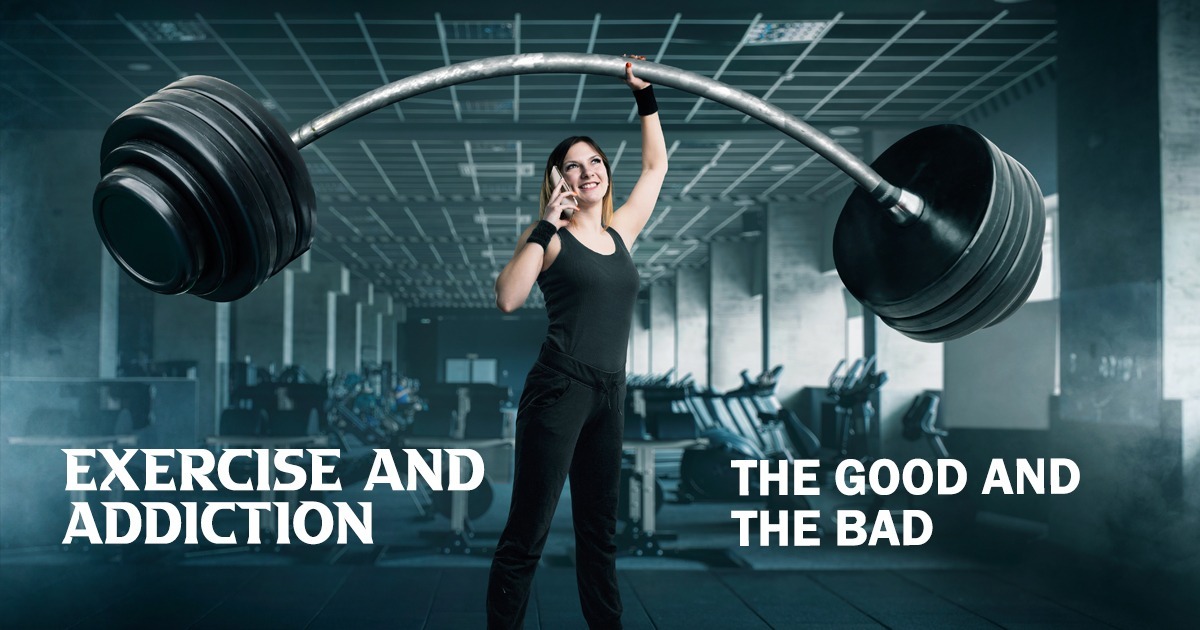
Cognitive-Behavioral Therapy (CBT) vs. Dialectical Behavior Therapy (DBT)
Understanding the Tools That Help Women Heal When it comes to addiction recovery and trauma healing, therapy isn’t one-size-fits-all. At Anchored Tides Recovery, we recognize that every woman’s path to
































